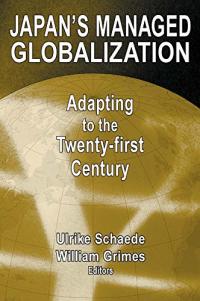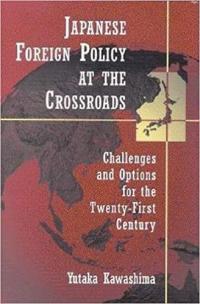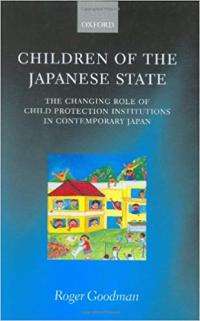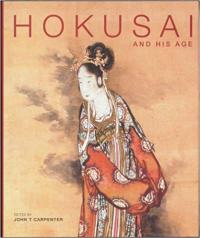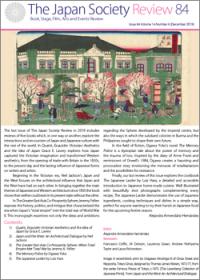The Japan Society Review
The Japan Society Review is an digital publication covering Japan-related books and films, as well as theatre and stage productions, tv series and exhibitions. Published since 2006, it is released now on a quarterly basis and is available online on our website and printed for members. Its purpose is to inform, entertain and encourage readers to explore the works for themselves.
The Japan Society Review is possible thanks to the work of volunteers who dedicated their time and expertise to help us to promote the learning and understanding of Japanese culture and society.
To become a reviewer, please fill the form here and let us know a little about you, your professional or academic background, your interest, passion or expertise regarding Japan and the type of works you would like to review.
If you have any questions, please contact reviews@japansociety.org.uk.
Books
Doing Business with the Japanese: A One-stop Guide to Japanese Business PracticeBy Geoffrey Bownas, David Powers, Christopher P. Hood, et. al. A one-stop guide to Japanese business practice, but this is no ordinary guide to the dos and don'ts of business etiquette in Japan. Twenty experts and real business people guide the reader in approaching and succeeding in this "difficult, but attractive market". Review by Tomohiko Taniguchi
Books
Strategic Asia: Fragility and CrisisBy Aaron Friedberg, Richard Ellings, et. al. The Strategic Asia Program at The National Bureau of Asian Research is a major ongoing research initiative that draws together top Asia studies specialists and international relations experts to assess the changing strategic environment in the Asia Pacific. Review by Tomohiko Taniguchi
Books
Japan's Managed Globalization: Adapting to the Twenty-first CenturyEdited by Ulrike Schaede and William Grimes Globalization and multilateralization of the world political economy have pressed new pressures for all industrialized democracies to adapt, change, and reform their policies and economic structures. Nevertheless, no country seems more challenged by these pressures than Japan that has resisted global rules for its domestic markets for a long time. Review by Mikihiro Maeda
Books
Japanese Foreign Policy At The Cross Road - Challenges and Options for the Twenty-First CenturyBy Yutaka Kawashima In Japanese Foreign Policy at the Crossroads, Yutaka Kawashima clarifies some of the defining parameters of Japan's past foreign policy and examines the challenges it currently faces, including the quagmire on the Korean Peninsula, the future of the U.S.-Japan alliance, the management of Japan-China relations, and Japan's relation with Southeast Asia Review by Mikihiro Maeda
Books
Children of the Japanese State - The Changing Role of Child Protection Institutions in ContemporaryBy Roger Goodman In Japan today, over 30,000 children are in the care of the state. Drawing on his long-term fieldwork in an institution for such children, Roger Goodman describes what happens to them in a country with no professional social workers and little tradition of adopting or fostering children in need of care. Review by Sean Curtin
Books
Economic Reform in Japan: Can the Japanese Change?Edited by Craig Freedman Nowadays everyone is asking if Japan can change. This conference volume explores some answer to this question by featuring internationally renowned scholars and Japan specialists with diverse opinions. Review by Takahiro Miyao
Books
Unequal Allies? United States Security and Alliance Policy towards Japan, 1945-1960By John Swenson Wright This carefully researched and scholarly study sheds new light on one of the most important themes in modern Japanese history, the US-Japan Alliance after WWII. Review by Sir Hugh Cortazzi
Books
Hokusai and His AgeEdited by John Carpenter This profusely illustrated volume presents a wide range of current scholarship on the Edo artist Katsushika Hokusai (1760-1849) and his immediate artistic and literary circles. Review by Sir Hugh Cortazzi
Books
Human Bullets: A Soldier’s Story of the Russo-Japanese WarBy Tadayoshi Sakurai A fascinating glimpse into prevailing nationalistic and militaristic attitudes in early-twentieth-century Japan, Human Bullets is also an engaging story of combat and an excellent source of insights about an influential conflict. Review by D. Colin Jaundrill
Issues (PDF)
Issue 84 (December 2019, Volume 14, Number 6)The last issue of The Japan Society Review in 2019 includes reviews of five books which, in one way or another, explore the interactions and encounters of Japan and Japanese culture with the rest of the world. In Quaint, Exquisite: Victorian Aesthetics and the Idea of Japan Grace E. Lavery explores how Japan captured the Victorian imagination [...]




